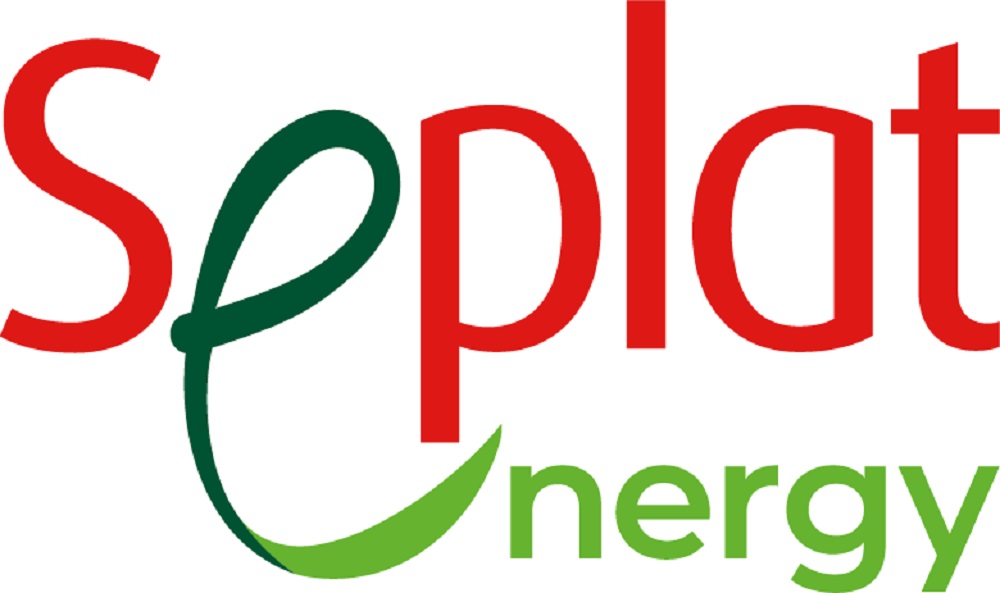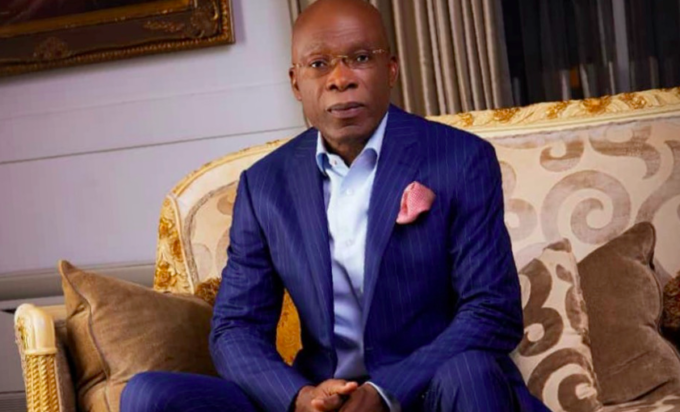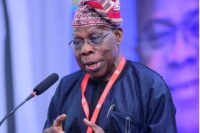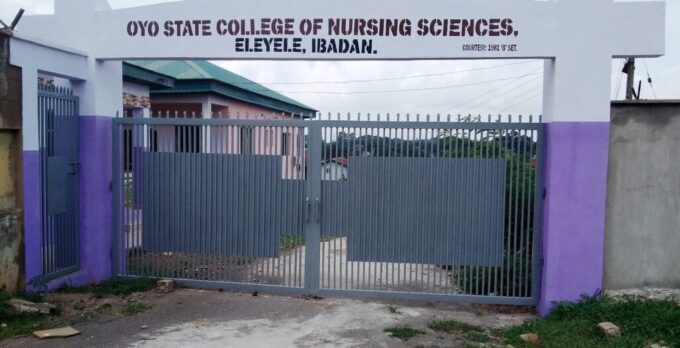By Adewale Sanyaolu
Access to electricity in Nigeria is increasingly becoming a luxury enjoyed by only a privileged few. According to the World Bank, nearly 45 per cent of the population, about 90 million people, remain disconnected from the national electricity grid.
The alarming gap exposes a deepening electricity deficit that continues to hamper economic growth, disrupt livelihoods and diminish the quality of daily life.
Even more concerning is the stark disparity between urban and rural access: while 84 per cent of urban residents have some level of grid connection, only 26 per cent of rural populations enjoy the same and even these connections are often unreliable. Across the country, those linked to the grid contend with frequent and prolonged outages, with many receiving fewer than six hours of electricity per day.
At the root of the disequilibrium is the country’s generation deficit which struggles with a paltry over 4,000 megawatts supplying 220 million people which is significantly lower than its potential demand, leading to grid instability which makes the power infrastructure prone to collapses, causing widespread blackouts.
To address this challenge, Seplat JV recently inaugurated the Youth Entrepreneurship Programme (YEP), a skills-building initiative by the NEPL/Seplat Joint Venture (JV), designed to train Nigeria’s next generation of renewable energy leaders.
The YEP scheme on May 29, 2025, graduated its 53 pioneer beneficiaries consisting of young men and women in Edo State.
That day, something remarkable happened, not with noise or celebration, but through learning, opportunity, and the gentle buzz of solar inverters powering on. For decades, young people in this community have grappled with unemployment and underemployment, watching opportunities drift away, like the harmattan haze.
As part of the ceremony, the graduates were presented with, not just certificates, but also a launchpad into a brighter future.
At the core of YEP is a simple yet powerful idea: give young people the tools and knowledge to shape their futures, and they will reshape their communities. Developed in partnership with EtinPower Limited, the programme blends hands-on technical training with digital instruction to prepare the beneficiaries for careers in renewable energy, specifically solar energy installation and maintenance.
Over several weeks, participants engaged in both online modules and practical field sessions. Topics ranged from energy efficiency and panel installation to maintenance, safety, and small business development. The aim was not only to teach them how solar power works, but also how to convert solar power into viable community-based enterprises.
“This initiative is not just about providing training,” said Chioma Afe, Director of External Affairs & Social Performance at Seplat Energy.
She continued; “This initiative is not just about power. It’s about empowering these young people to become self-sufficient, to drive innovation, and to serve as ambassadors of a cleaner, more sustainable Nigeria.”
Afe described the 53 graduates as “torchbearers for a new era”, leaders not just for their community, but for the entire state and, indeed, the country’s evolving energy sector.
Among the 53, six participants stood out, not just for their academic excellence, but for their ingenuity, discipline, and entrepreneurial vision. These six were awarded empowerment grants at the graduation ceremony, seed funding to launch their own energy solutions businesses. For them, the programme was more than a stepping stone; it was a springboard.
Collaboration for impact
The strategic partnership with EtinPower, a Nigerian renewable energy firm provided an essential layer of quality, structure and technology to the programme. While EtinPower brought deep industry experience and access to real-world equipment and projects, the Seplat JV ensured an unwavering commitment to delivering sustainable development opportunities for the people of Ologbo N’ugu.
Together, they created a curriculum that is both locally relevant and globally competitive, a crucial step for a country like Nigeria, where energy poverty still affects over 85 million people, according to the International Energy Agency (IEA).
Aligning with global goals, national needs
YEP’s vision aligns neatly with the United Nations’ Sustainable Development Goals (SDGs) 1, 4, 7, and 8. By teaching marketable skills and fostering entrepreneurship in a high-demand sector, the programme tackles youth unemployment and energy poverty in a single stroke. It also supports Nigeria’s broader ambition to transition toward renewable energy, as laid out in the Energy Transition Plan (ETP) launched in 2022, which aims to achieve net-zero emissions by 2060.
The programme has been impactful enough to attract the attention of policymakers. Representing Edo State Governor, Senator Monday Okpebholo, the Director General, Edo State Electrification Agency, Saturday Egbadon, applauded the initiative during the graduation ceremony.
“I am greatly thrilled by this development,” he said. “It fits perfectly into our developmental agenda, Operation Light Up Edo State. This initiative is critical in our effort to bring sustainable power to every part of the state, especially underserved and rural communities.”
Felix Osewengie, the Governor’s Special Adviser on Oil and Gas Matters, who corroborated, emphasised the importance of community involvement and the use of local resources. He noted that YEP aligns with the state government’s focus on inclusive development and local content, two cornerstones of Governor Okpebholo’s administration.
Local leaders, too, have recognised the ripple effect of the programme.
Chief Gius Eheneden, the Ero of Umughuna, spoke on behalf of the Ologbo N’ugu autonomous community, expressing gratitude for the investment in local youth: “We are delighted at what has happened today,” he said. “We believe this is the beginning of a new dawn in the history of Ologbo N’ugu’s association with the oil and gas industry in Nigeria.” For Chief Eheneden, these youths are no longer passive recipients of aid; they are now active stakeholders in their own futures and, by extension, in the future of their communities.
The success of YEP in Ologbo N’ugu could serve as a blueprint for other communities across Nigeria. With rising demand for clean energy, and with nearly half of Nigeria’s population under the age of 19, the potential for a youth-led renewable revolution is enormous.
Moreover, Seplat Energy’s broader community investment initiatives including scholarship schemes and vocational training in Edo, Delta and Imo States, further demonstrate a long-term commitment to human capital development.
A new path
For residents and businesses in Ologbo N’ugu community, one thing is clear: the Seplat Energy JV is not just powering their homes and businesses; the company is, indeed, powering possibilities.
Through a combination of strategy, partnership, and purpose, the YEP initiative is helping to write a new chapter for Nigeria, one where young people don’t have to wait for jobs, but are empowered to create them; where energy isn’t just consumed, but generated by the very hands of those it empowers.
For the graduates of YEP, this is just the beginning of a brighter, cleaner and more inclusive future.


















Leave a comment